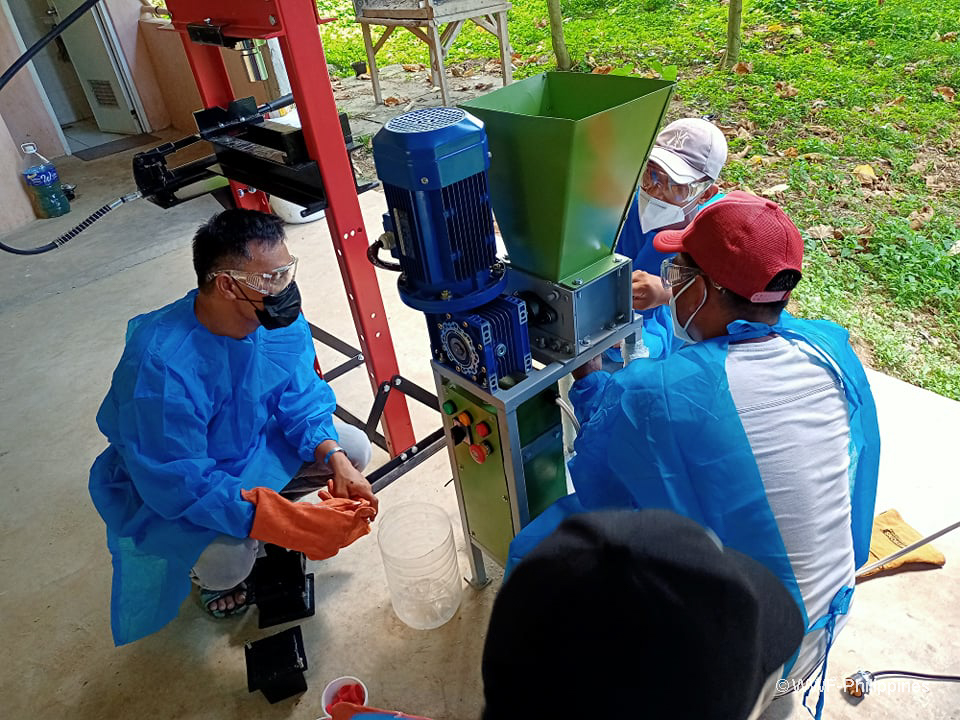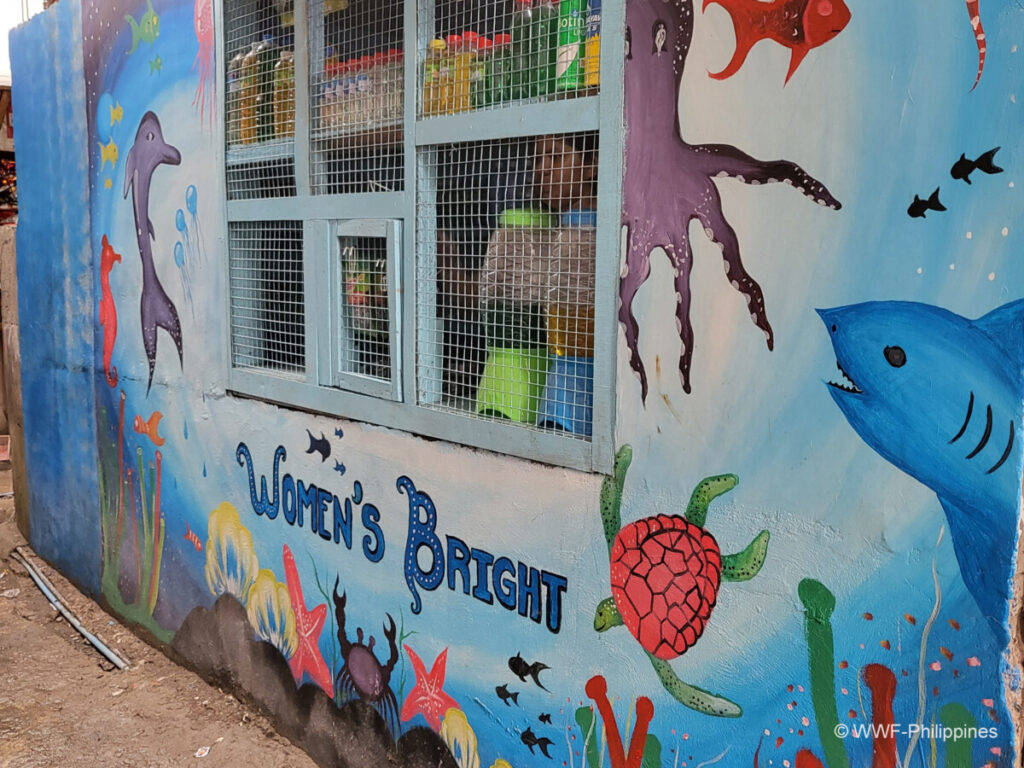
Second Phase of WWF Philippines Plastic Smart Cities Project
Local Government Units (LGUs) are gearing up to implement improved solid waste management systems through the second phase of the WWF-Philippines Plastic Smart Cities (PSC) project.
The second phase, dubbed Project Interventions to Keep our Oceans Trash-free (IKOT), marks the scale-up of the implementation of plastic waste solutions for Davao City, Municipality of San Isidro in Davao Oriental, and the Island Garden City of Samal (IGaCoS). In the first phase, the project piloted solutions to address the needs of the areas’ solid waste management systems.
Project IKOT is set to begin a year-long pilot-testing after two months of logistical preparations. The Plastic Smart Cities Project will replicate the solid waste management models from pilot barangays in Barangay Mahayag in Davao City and Barangay La Union in San Isidro.
These include materials recovery facilities (MRFs) and engaging social enterprises in the collection, reuse and upcycling of plastic into products.

On the other hand, IGaCoS will be adopting a segregation-to-recycling system in tourism areas, in alignment with the Cogon-Sta. Cruz Farmer Beneficiaries Association (COSTAFBA).
“We are grateful to continue our Plastic Smart Cities work with Project IKOT. Phase 1 has provided solid waste management system models that we are now scaling up within and outside the Davao Gulf,” says Czarina Constantino-Panopio, Program Manager of WWF-Philippines’ No Plastics in Nature initiative.
“We look forward to documenting and sharing circular solutions that can be replicated in the different Philippine landscape archetypes.”
[Also read: Three major Philippine ports achieve 50% reduction of plastic waste leakage]
Project Areas Expansion
The Plastic Smart Cities project is also expanding to new sites, namely: Taytay, Palawan; Cagayan De Oro City as well as the Municipalities of Del Carmen and General Luna in Siargao.
Although Taytay, Del Carmen and General Luna have a market for Polyethylene Terephthalate (PETs), there is currently no established system to work with that market. Companies usually use PETs to package carbonated drinks, fruit juices, water and others. Meanwhile Cagayan De Oro’s recovery facilities only have a 5% city recovery rate, which means only 5% of waste collected is diverted from landfills or an open environment by either recycling, composting or other methods.

In Taytay, only 16% of barangays are covered by waste collection services. There is also only one junk shop in Del Carmen and General Luna that buys plastic from Siargao Island.
All sites are aiming to increase the access of households to waste collection services, and increase the percentage of plastic’s collection and recycling.
PSC Collaboration in the Philippines
The PSC work has been supported by many institutions including the Coca-Cola Foundation Philippines, Inc. (CCFPI). The partnership aims to identify appropriate solid waste management models for different Philippine landscape archetypes. Such as: urban cities, islands, coastal communities and lowland communities. By all means, it is part of WWF-Philippines’ overall goal to stop the flow of plastic entering nature by 2030. Through eliminating unnecessary plastic; doubling reuse, recycling, and recovery; and ensuring the remaining plastic is sourced responsibly.
“Waste management is a global challenge that requires local solutions. The Plastic Smart Cities project with WWF-Philippines aims to accelerate progress towards waste-free communities. Achieved by fostering collaboration between cities, businesses, and communities! Together, we can create a sustainable future for our planet and future generations.”, said Cecile Alcantara, Coca-Cola Foundation Philippines President.
This article was originally published here.


